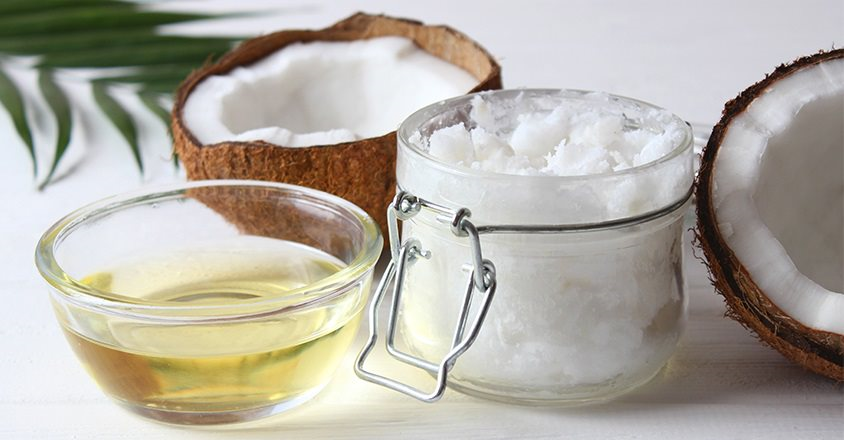A natural way to combat seasonal depression
Feeling down? An extra dose of natural light may help brighten your mood, especially if you’re one of the millions of people with Seasonal Affective Disorder (SAD).
The disorder, a seasonal form of depression, can occur at any time of year but is more common in the winter when natural light levels are lower. “SAD symptoms are similar to those of other depressive illnesses, including sleeping and eating more than usual, feeling “down” most of the time and irritability,” said Christina Parr, Director of Genesis Behavioral Health Services. “Women in their childbearing years tend to suffer from SAD more often than men, but even those who don’t have full-blown SAD may experience lower levels of energy when the nights get longer and the temperatures dip.”
Fortunately, there are ways to combat those symptoms by taking advantage of existing natural light.
Plan ahead
If you suffer from SAD, the most important thing is to be proactive. Experts recommend talking to your healthcare professional about creating a seasonal plan of attack.
Let there be light
Because SAD kicks in when access to natural light is limited, try to look for ways to get that extra sunlight. Read a book by a window or open the curtains a little wider when there is sun to try to get any amount you can. If it is cold outside, take a drive to get out and about in whatever sun is available.
Exercise, eat well
Exercising more in natural light and eating healthy can have a huge impact on seasonal depression. Exercise at noon when the outdoor light is brightest. Even if that is a simple walk during your lunch hour, the exposure to light and the endorphin boost from exercising will help alleviate SAD symptoms.
Since another symptom of SAD is craving carbohydrates, be on the lookout for overeating to prevent weight gain. It can be challenging to lose SAD-related weight after the season changes and your other symptoms are relieved.
Seeing the light
Here are some easy ways to add more natural light to your day:
- Spend as much time as possible outside, especially on sunny days.
- Sit close to outside windows at home and work.
- Keep your home as bright as possible using window treatments that let in light and trim foliage that blocks light.
- If possible, take a vacation to a sunny locale.
Genesis HealthCare System’s Health and Wellness content conveniently provides accurate and helpful information. Your health history and current health may impact suggestions provided through our Health and Wellness content. Although we hope this information is helpful, it is not a substitute for your doctor's medical advice. Before making any significant changes, please consult your doctor.

Feeling down? An extra dose of natural light may help brighten your mood, especially if you’re one of the millions of people with Seasonal Affective Disorder (SAD).















